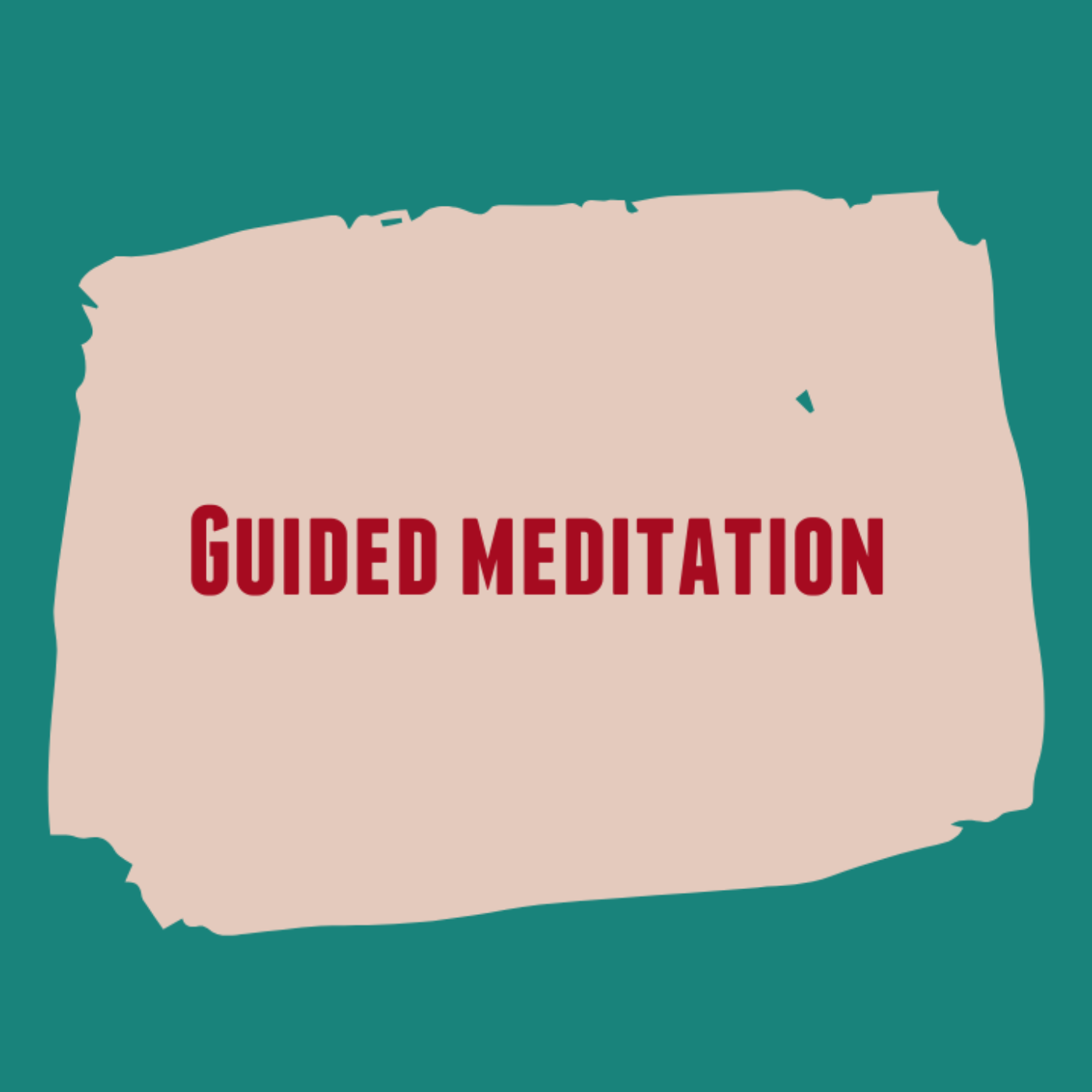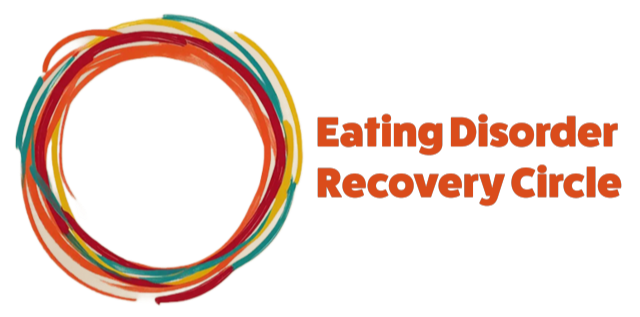I Feel Overwhelmed
The Science of Feeling Overwhelmed:
Overwhelm activates the amygdala, your brain’s fear centre, triggering the fight-or-flight response. This floods your body with cortisol, making it harder to think clearly or make decisions. Overwhelm can also exhaust the prefrontal cortex, which is responsible for rational thinking, leaving you feeling stuck or panicked. Grounding yourself and breaking tasks into smaller steps helps calm the amygdala and re-engage your thinking brain.
Why Overwhelm Happens in Recovery:
- Too Many Changes at Once: Recovery involves physical, emotional, and behavioural changes that can feel like too much to handle.
- Unrealistic Expectations: Pressure to be perfect or to recover quickly can add unnecessary stress.
- Fear of the Unknown: Facing new challenges or stepping into the unfamiliar can amplify feelings of uncertainty and overwhelm.
- Emotional Flooding: Processing suppressed emotions can feel like they’re all coming at once, making it hard to cope.
What Overwhelm Means:
Overwhelm is your body’s way of saying, “I need to pause and reset.” It’s not a sign of failure but an invitation to slow down, prioritise, and take care of yourself. Recognising overwhelm as a temporary state helps you move through it with more compassion and clarity.
Step-by-Step Guide to Moving Through Overwhelm:
- Pause and Breathe:
- When you notice the feeling of overwhelm, stop and take a few deep breaths:
- Inhale for 4 counts, hold for 4, and exhale for 6.
- This helps calm the nervous system and create space to think.
- Name the Feeling:
- Say to yourself:
- “I feel overwhelmed right now, and that’s okay.”
- “This is my body asking me to slow down.”
- Break It Down:
- Ask yourself:
- “What is actually overwhelming me?”
- “What is the first small thing I can do right now?”
- Write down your tasks or concerns and focus on addressing them one at a time.
- Challenge Unrealistic Expectations:
- Reflect on whether you’re putting too much pressure on yourself. Ask:
- “Am I expecting perfection?”
- “What’s the most realistic and kind way to approach this?”
- Prioritise Nourishment:
- If overwhelm is tied to hunger, eat something nourishing to stabilise your energy.
- Remind yourself that self-care is essential, not optional.
- Ground Yourself in the Present:
- Use grounding techniques like the 5-4-3-2-1 Exercise: Name 5 things you see, 4 you can touch, 3 you hear, 2 you smell, and 1 you taste.
- This helps bring your focus back to the present moment.
How to Prevent Overwhelm in Recovery:
- Set Small, Manageable Goals: Focus on one step at a time rather than the entire journey.
- Create Routines: Simple structures, like regular meal times or rest periods, reduce decision fatigue.
- Reach Out for Support: Share your feelings with a trusted friend, coach, or recovery group. Connection helps lighten the load.
How to Navigate Overwhelm When It Feels Too Much:
- Reassure Yourself: Remind yourself: “I don’t have to do everything right now.”
- Take a Break: Step away from the source of overwhelm and do something calming, like walking, stretching, or journaling.
- Focus on Progress, Not Perfection: Celebrate small wins, even if the overall task feels unfinished.
Your Affirmation For Today
Feeling overwhelmed often stems from the perception that everything must be done perfectly and all at once. This affirmation gently reminds you that progress, not perfection, is the key to recovery.
The phrase "I can take one small step at a time" breaks down the enormity of recovery into manageable actions, making the process feel less daunting. By adding "and that is enough for today," the affirmation validates your efforts and reinforces self-compassion, encouraging you to release unrealistic expectations.
This affirmation invites you to focus on what’s within your control right now. It helps calm the nervous system and re-centre your attention on small, achievable goals, ensuring that even during moments of overwhelm, you remain connected to your strength and ability to keep moving forward.

Meditation
Find a comfortable, quiet place, where you won't be disturbed for the next 10 minutes.
Give yourself this time to put headphones on and disappear into this guided meditation.

Next Steps
Journal Prompt:
- Reflect on a time when you felt overwhelmed. Ask yourself:
- What contributed to that feeling?
- What small step helped me move forward?
- How can I approach future overwhelm with more compassion?

